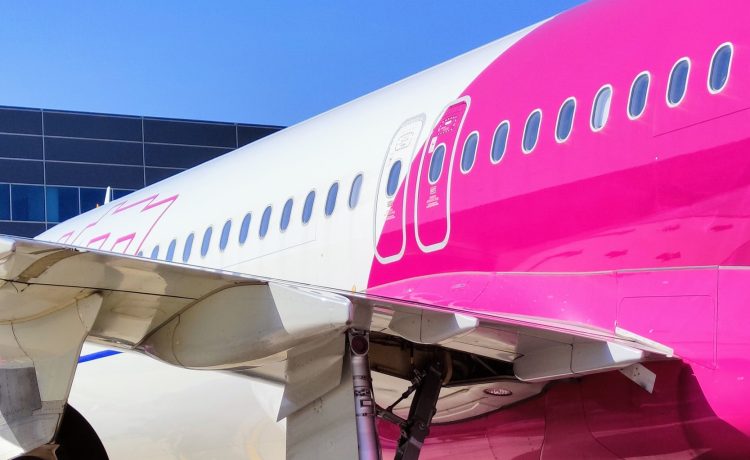Wizz Air Holdings Plc, an airline renowned for its sustainable practices and remarkable growth in Europe, has released its passenger and CO2 emission data for February 2023, with impressive results.
During this period, Wizz Air transported 3,786,739 passengers, showcasing an incredible 97.1% growth rate from the previous year, maintaining an impressive load factor of 93.3%.
In February, Wizz Air worked towards expanding its network and enhancing its services to cater to its customers. This included the addition of a ninth A321neo aircraft to its Abu Dhabi fleet, scheduled for this summer, with a new destination to Bishkek, Kyrgyzstan, and popular routes to Larnaca, Santorini, and Sohag. Furthermore, the airline also launched new routes from Italy, Lithuania, and Austria, linking Rome Fiumicino with Rzeszow, Vilnius with Malaga, and Vienna with Hurghada.
Wizz Air has temporarily suspended inbound flights to and from Chisinau, Moldova, from 14th March, due to safety and security concerns. However, to accommodate its Moldovan customers, the airline will expand its operations from Iasi, Romania.
Additionally, Wizz Air signed a Memorandum of Understanding (MoU) with Neste to purchase 36,000 tons of sustainable aviation fuel (SAF) per annum from 2025, which will supply its route network in Europe and the UK, thereby demonstrating its commitment to sustainable aviation.
Despite its rapid growth, Wizz Air maintains its position among the lowest CO2 emitting airlines per passenger/km, with only 54.2 grams of CO2 emissions for the rolling 12 months to 28 February 2023. Additionally, in February, Wizz Air recorded 48.9 grams of CO2 emissions per passenger/km, which was 8.3% lower than the same month in the previous year, further highlighting its commitment to sustainability.








